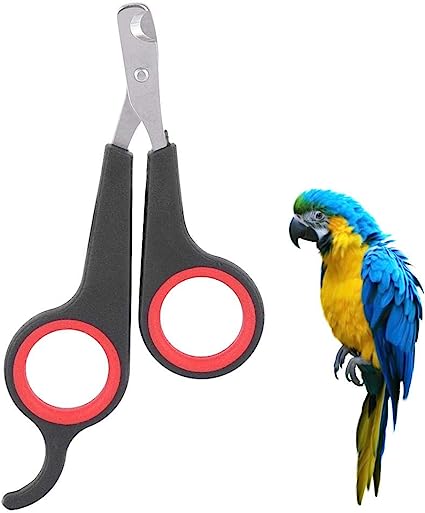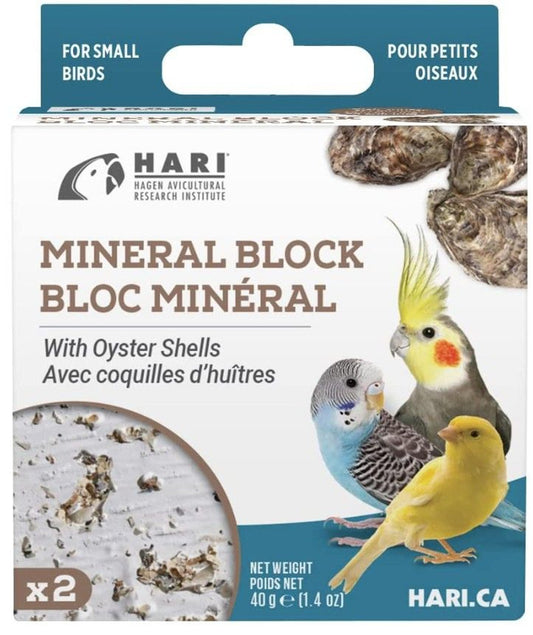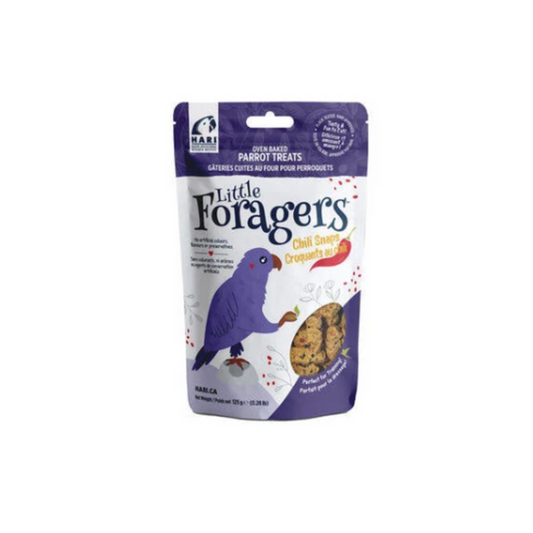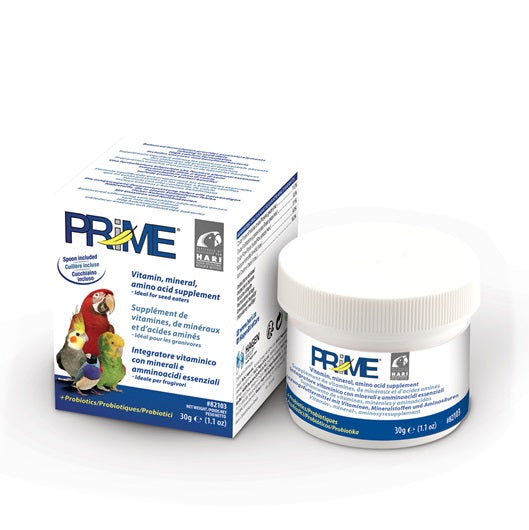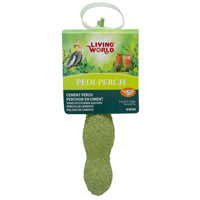
Lorikeets are captivating parrots known for their vibrant plumage, playful personalities, and specialized feeding habits. These colorful avian companions are a popular choice among bird enthusiasts. Lorikeets belong to the parrot family and are characterized by their strikingly colorful feathers. They often display a combination of hues, including bright greens, blues, reds, and yellows. Lorikeets have a slender body, curved beak, and a lively and inquisitive nature.
Life Span:
With proper care, lorikeets can live for approximately 20 to 25 years, although some can reach even longer lifespans.
Natural Habitat:
Lorikeets are native to various regions of Australia, Indonesia, and the Pacific Islands. They inhabit diverse habitats such as rainforests, woodlands, and coastal areas.
Size:
When fully grown, lorikeets typically measure around 10 to 12 inches (25 to 30 cm) in length.
Enclosure Size:
Lorikeets require spacious cages that allow for ample movement and exercise. The recommended minimum enclosure size for a single lorikeet is 24 x 24 x 24 inches (61 x 61 x 61 cm). Provide horizontal perches, swings, and toys to keep them mentally and physically stimulated.
Temperature and Humidity Requirements:
Lorikeets thrive in temperatures between 68-78°F (20-25°C). They are comfortable with average household humidity levels, and you should provide a large water dish at all times for frequent bathing to maintain their plumage.
Substrate and Bedding:
Use newspaper or paper towels on the cage bottom and prepare to change it twice daily due to dropped fruit, food wastage and loose droppings.
Dietary Considerations:
Lorikeets have unique dietary needs. They are nectar-feeding birds that require a specialized diet consisting of specific high quality pellets fresh fruits, and vegetable juices, 2 - 3 times a day. Their diet should be low in iron and high in sugar. Consult one of our avian expert for specific nutritional guidelines.

Toxic Substances:
Lorikeets are sensitive to certain substances. Keep them away from tobacco smoke, household cleaning chemicals, aerosols, scented candles, and non-stick cookware fumes, as these can be toxic to birds. Additionally, ensure that they are not exposed to plants like avocado, chocolate, caffeine, and toxic flowers, as they can pose a threat to their health.
Fun Facts:
-
Lorikeets are highly active and playful birds, known for their acrobatic flying and climbing abilities.
-
They have a unique brush-like tongue that helps them extract nectar from flowers and feed on pollen, making them important pollinators in their natural habitats.
-
Lorikeets are social birds and enjoy the company of their own kind. They engage in playful behaviors and are known for their enthusiastic vocalizations.
-
They have a reputation for being messy eaters due to their liquid-based diet, which can result in splatters and spills around their feeding area.
-
Lorikeets are intelligent and can be trained to perform simple tricks and behaviors, making them interactive and entertaining pets.

Lorikeets, with their vibrant colors and lively personalities, make captivating and engaging pets for bird enthusiasts. Their specialized feeding habits and unique dietary requirements add an interesting aspect to their care. By providing them with appropriate enclosures, a balanced diet, social interaction, and a safe environment, you can ensure the well-being and happiness of these energetic and colorful parrots. Always consult with avian professionals or experienced lorikeet owners for specific care guidelines to ensure the best possible care for your lorikeets.


